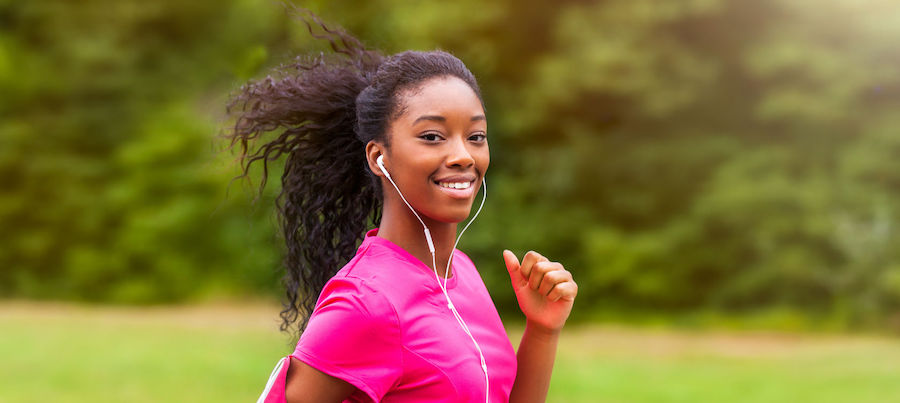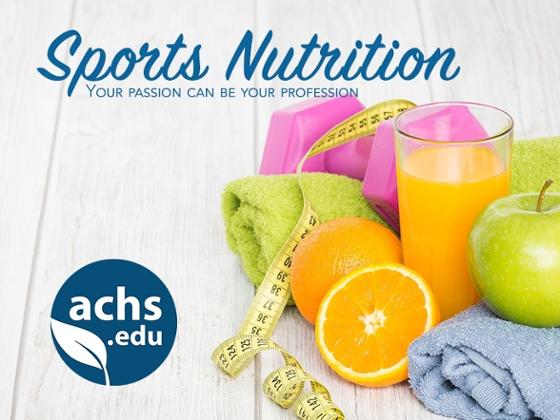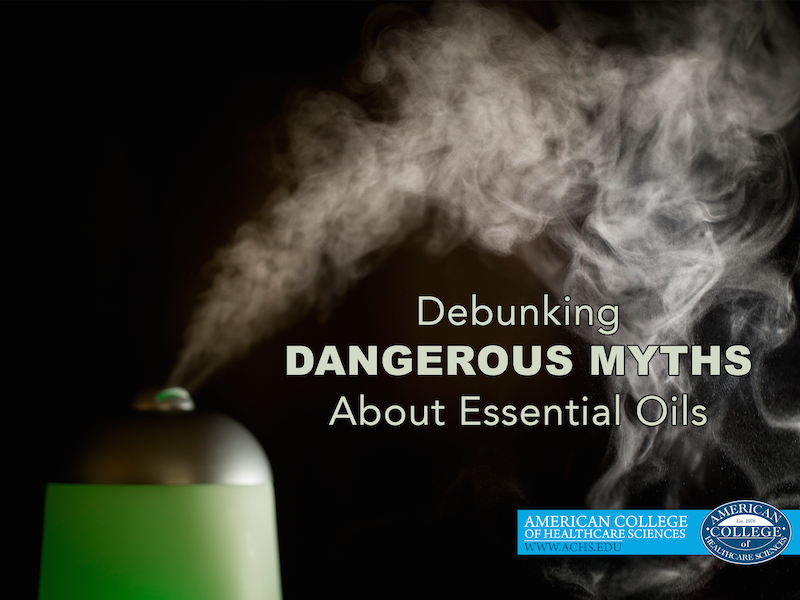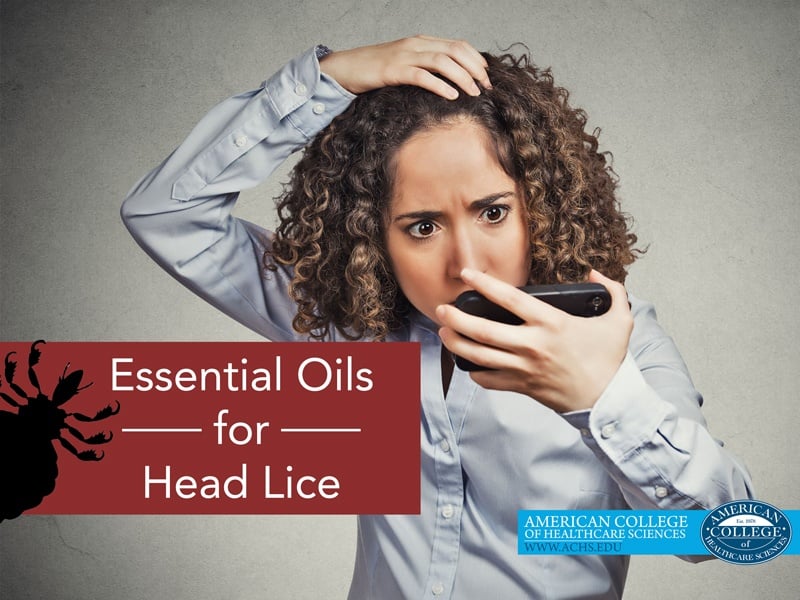If you’re an athlete preparing for a competition, you want to make sure your body is at an optimum performance level. Just like a car runs best when the tank is filled with the proper grade of gasoline, your body needs the right kind of food. You likely already know to eat organic, whole foods rich in nutrients, vitamins, and minerals and to avoid processed, sugar-rich foods that are full of “empty” calories. But as an athlete, you’re probably not satisfied with doing the bare minimum. Take your sports nutrition regime to the next level and “tune-up” your performance by supplementing with a special group of herbs known as “adaptogens.”
What are “adaptogens” or “adaptogenic herbs”?
Adaptogenic herbs are herbs that build and strengthen vital force, restore harmony and balance, and greatly improve your body’s ability to adapt to stress, whether it’s physical or psychological.
Scientist Dr. Nickolai Lazarev coined this term in 1947. He used it to describe herbs that can protect the body in stressful and physically demanding conditions by activating the circulatory, nervous, endocrine, and other body systems, reducing stress-induced damage, and promoting regeneration and repair.
The definition of “adaptogenic herbs” was further refined in 1968 by Dr. Israel I. Brekhman, who stressed that adaptogenic herbs are safe and have no significant side effects or contraindications; have a general, nonspecific action that improves resistance to stress; and exhibit a balancing and normalizing effect on body functions.
As these criteria are quite strict, there are only a few herbs that can truly be called adaptogens, including:
- American ginseng Panax quinquefolius (L.)
- Asian ginseng Panax ginseng (L.)
- Ashwaganda Withania somnifera (L.)
- Eleuthero Eleutherococcus senticosus (Rupr. & Maxim.)
- Golden root Rhodiola rosea (L.)
- Schisandra Schisandra chinensis (Turcz.)
Adaptogenic herbs have been shown to support optimal energy and stamina, improve the ability to carry out demanding activities, and enhance the ability to tolerate stress and recover from it. Taking these herbs may also support overall physical and mental health, help maintain an already healthy immune system, and promote normal, healthy functioning of the body.
Here’s a recap of some influential research for three of the best-studied adaptogenic herbs:
1. Asian Ginseng
Asian ginseng P. ginseng is a tonic herb capable of providing non-specific protection against various mental, physical, and environmental forms of stress. It is often used with tiredness and overexertion. It is also claimed to be a general anti-aging tonic for the elderly.
Asian ginseng is known as hóng shēn in China. Historically, in Traditional Chinese Medicine (TCM), it is given to tonify qi (life energy), and is usually recommended to strengthen the heart, calm the spirit, and generate fluids[1]. It is also considered a sexual tonic in TCM, which is supported by several studies that show Asian ginseng might be helpful with erectile dysfunction.[2] But not only men will benefit from supplementation — a recent study involving menopausal women showed that ginseng can raise sexual arousal![3]
Additional studies have demonstrated that Asian ginseng can help improve abstract thinking, attention, and mental arithmetic skills, and may even reduce reaction times.[4] Interestingly, it was also shown to improve the cognitive function of study participants suffering from Alzheimer’s disease.[5]
Further, Asian ginseng is believed to stimulate the immune system, and taking this herb might help reduce the risk for the common cold or influenza[6] — prevention is especially important this time of year!
2. Eleuthero
Eleuthero E. senticosus is another widely studied adaptogenic herb. It is often marketed as Siberian ginseng, and its effect is similar to American ginseng P. quinquefolius and Asian ginseng P. ginseng.
It is known as cì wǔ jiā in China and, like Asian ginseng, it is commonly used in TCM to tonify qi. It is also recommended in cases of fatigue, anorexia, poor concentration, and mild depression.[7]
As an adaptogen, eleuthero E. senticosus has a lot of uses. Studies have demonstrated that it can stimulate the immune system[8], raise endurance and working capacity, and improve cognitive function[8]; improve mental health and social functioning of older adults and quality of life[9]; and potentially protect against the negative effects of radiation exposure.[10]
It may even help reduce the severity of alcohol hangovers. That might be good news if you’re someone who likes to ring in the New Year with a glass of champagne! But remember, researchers believe you must consume eleuthero E. senticosus before or right after alcohol consumption for it to be effective.[11]
3. Ashwagandha
Ashwagandha W. somnifera is one of the most highly prized herbs in Ayurveda, the traditional Indian healing system. Its name is translated from Sanskrit as “smell horse,” implying that taking this herb can help you to become strong as a stallion. In Ayurveda, it is also considered an aphrodisiac and is used with infertility. Interestingly, a recent study showed that it can actually improve sperm quality when given to infertile men.[12]
It is commonly marketed as Indian ginseng in the United States.
Studies have demonstrated that ashwagandha W. somnifera can help to maintain already healthy levels of blood glucose and cholesterol.[13] Ashwagandha W. somnifera has also been used to help ease anxiety and to helps kids with Attention Deficit Hyperactivity Disorder (ADHD).[14]
Want to try adaptogenic herbs for athletic performance? Take the next step to learn about herbal formulas.
Adaptogenic herbs can bring a lot of benefits on their own. However, they are even more useful when combined with other herbs and supplements. For example, a combination of Asian ginseng P. ginseng and ginkgo Gingko Biloba (L.) is recommended to support brain function.[15] Also, Kan Jang®, an effective immune support formula, contains eleuthero (Siberian ginseng), elder Sambucus nigra (L.), and creat Andrographis paniculata (Burm.f.).[16]
When taken to improve sports performance, adaptogenic herbs are usually combined with vitamins and minerals. You can find different commercial formulas in nearly every supplement store. You can also create your own formula to target your needs. You will likely need to review and use monographs that cover therapeutic properties of herbs and supplements. Dietary Supplements by Pamela Mason, Nutraceuticals by Lisa Rapport and Brian Lockwood, and the American Herbal Products Association's Botanical Safety Handbook, edited by Zoe Gardner & Michael McGuffin, are great sources of information.
I also highly recommend taking Sports Nutrition, Herbal Medicine, and Nutrition and Dietary Supplement courses to gain a deeper knowledge of the properties of herbs and supplements and to learn how to safely and effective combine herbs and supplements.
References
[1] Yang, J., Huang, H., Zhu, L., & Chen, Y. (2013). Introduction to Chinese materia medica. Hackensack, NJ: World Scientific Publishing.
[2] Hong, B., Ji, Y., Hong, J., Nam, K., & Ahn, T. (2002). A double-blind crossover study evaluating the efficacy of Korean red ginseng in patients with erectile dysfunction: a preliminary report. The Journal of Urology, 2070-2073. Retrieved from http://dx.doi.org/10.1097/00005392-200211000-00041; Kim, T., Jeon, S., Hahn, E., Paek, K., Park, J., Youn, N., et al. (2009). Effects of tissue-cultured mountain ginseng (Panax ginseng CA Meyer) extract on male patients with erectile dysfunction. Asian Journal of Andrology, 11(3), 356-361. Retrieved from http://dx.doi.org/10.1038/aja.2008.32
[3] Oh, K., Chae, M., Lee, H., Hong, H., & Park, K. (2010). Effects of Korean red ginseng on sexual arousal in menopausal women: placebo-controlled, double-blind crossover clinical study. The Journal of Sexual Medicine, 7(4), 1469-1477. Retrieved from http://dx.doi.org/10.1111/j.1743-6109.2009.01700.x
[4] Sørensen, H. & Sonne, J. (1996). A double-masked study of the effects of ginseng on cognitive functions. Current Therapeutic Research, 57(12), 959-968. Retrieved from http://dx.doi.org/10.1016/s0011-393x(96)80114-7
[5] Heo, J., Lee, S., Chu, K., Oh, M., Park, H., Shim, J., et al. (2008). An open-label trial of Korean red ginseng as an adjuvant treatment for cognitive impairment in patients with Alzheimer’s disease. European Journal of Neurology, 15(8), 865-868. Retrieved from http://dx.doi.org/10.1111/j.1468-1331.2008.02157.x
[6] Scaglione, F., Cattaneo, G., Alessandria, M., & Cogo, R. (1996). Efficacy and safety of the standardised ginseng extract G115 for potentiating vaccination against the influenza syndrome and protection against the common cold. Drugs Exp Clin Res., 22(2), 65-72; Lee, C., Lee, J., Oh, M., Choi, K., Jeong, M., Park, J., et al. (2012). Preventive effect of Korean red ginseng for acute respiratory illness: a randomized and double-blind clinical trial. Journal of Korean Medical Science, 27(12), 1472. Retrieved from http://dx.doi.org/10.3346/jkms.2012.27.12.1472
[7] Yang, J., Huang, H., Zhu, L., & Chen, Y. (2013). Introduction to Chinese materia medica. Hackensack, NJ: World Scientific Publishing.
[8] Bohn, B., Nebe, C., & Birr, C. (1988). Immunopharmacological effects of Eleutherococcus senticosus extract as determined by quantitative flow cytometry. International Journal of Immunopharmacology, 10, 67. Retrieved from http://dx.doi.org/10.1016/0192-0561(88)90326-8; Kuo, J. (2010). The effect of eight weeks of supplementation with Eleutherococcus senticosus on endurance capacity and metabolism in humans. The Chinese Journal of Physiology, 53(2), 105-111. Retrieved from http://dx.doi.org/10.4077/cjp.2010.amk018; Asano, K., Takahashi, T., Miyashita, M., Matsuzaka, A., Muramatsu, S., Kuboyama, M., et al. (1986). Effect of Eleutheroccocus senticosus extract on human physical working capacity. Planta Medica, 52(03), 175-177. Retrieved from http://dx.doi.org/10.1055/s-2007-969114; Winther, K., Ranløv, C., Rein, E., & Mehlsen, J. (1997). 2-12-24 Russian root (Siberian ginseng) improves cognitive functions in middle-aged people, whereas Ginkgo biloba seems effective only in the elderly. Journal of the Neurological Sciences, 150, S90. Retrieved from http://dx.doi.org/10.1016/s0022-510x(97)85276-8
[9] Cicero, A., Derosa, G., Brillante, R., Bernardi, R., Nascetti, S., & Gaddi, A. (2004). Effetcs of Siberian ginseng (Eleutherococcus senticosus Maxim.) on elderly quality of life: a randomized clinical trial. Archives of Gerontology and Geriatrics, 38, 69-73. Retrieved from http://dx.doi.org/10.1016/j.archger.2004.04.012
[10] Yarnell, E. & Abascal, K. (2011). Botanical medicines and ionizing radiation: part 1—radioprotective herbs. Alternative and Complementary Therapies, 17(6), 313-318. Retrieved from http://dx.doi.org/10.1089/act.2011.17609
[11] Bang, J., Chung, Y., Chung, S., Lee, H., Song, E., Shin, Y., et al. (2015). Clinical effect of a polysaccharide-rich extract of Acanthopanax senticosus on alcohol hangover. Pharmazie, 70(4), 269-73.
[12] Ahmad, M., Mahdi, A., Shukla, K., Islam, N., Rajender, S., Madhukar, D., et al. (2010). Withania somnifera improves semen quality by regulating reproductive hormone levels and oxidative stress in seminal plasma of infertile males. Fertility And Sterility, 94(3), 989-996. Retrieved from http://dx.doi.org/10.1016/j.fertnstert.2009.04.046
[13] Andallu, B. & Radhika, B. (2000). Hypoglycemic, diuretic and hypocholesterolemic effect of winter cherry (Withania somnifera, Dunal) root. Indian J Exp Biol, 38(6), 607-9.
[14] Cooley, K., Szczurko, O., Perri, D., Mills, E., Bernhardt, B., Zhou, Q., et al. (2009). Naturopathic care for anxiety: a randomized controlled trial ISRCTN78958974. Plos ONE, 4(8), e6628. Retrieved from http://dx.doi.org/10.1371/journal.pone.0006628; Katz, M., Adar Levine, A., Kol-Degani, H., & Kav-Venaki, L. (2010). A compound herbal preparation (CHP) in the treatment of children with ADHD: a randomized controlled trial. Journal of Attention Disorders, 14(3), 281-291. Retrieved from http://dx.doi.org/10.1177/1087054709356388
[15] Wesnes, K., Ward, T., McGinty, A., & Petrini, O. (2000). The memory enhancing effects of a Ginkgo biloba/Panax ginseng combination in healthy middle-aged volunteers. Psychopharmacology, 152(4), 353-361. Retrieved from http://dx.doi.org/10.1007/s002130000533
[16] Spasov, A., Ostrovskij, O., Chernikov, M., & Wikman, G. (2004). Comparative controlled study ofAndrographis paniculata fixed combination, Kan Jang® and an echinacea preparation as adjuvant, in the treatment of uncomplicated respiratory disease in children. Phytotherapy Research, 18(1), 47-53. Retrieved from http://dx.doi.org/10.1002/ptr.1359
Disclosure of Material Connection: I am a Professor and Research Analyst at American College of Healthcare Sciences, the Institution that publishes this blog. However, all opinions are my own. This blog may contain affiliate links. I am disclosing this in accordance with the Federal Trade Commission’s 16 CFR, Part 255: “Guides Concerning the Use of Endorsements and Testimonials in Advertising.”
This article is for informational purposes only. It is not intended to treat, diagnose, cure, or prevent disease. This article has not been reviewed by the FDA. Always consult with your primary care physician or naturopathic doctor before making any significant changes to your health and wellness routine.






